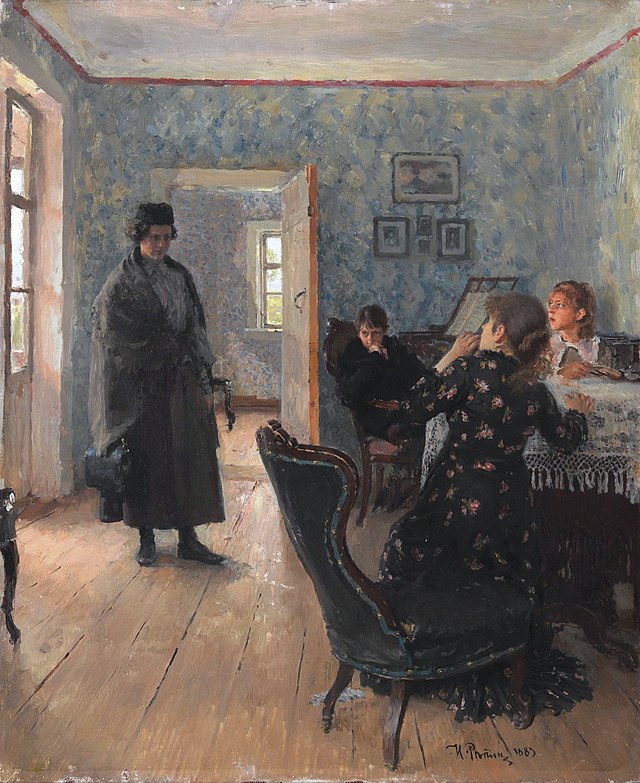
This course tracks three intertwined histories at their intersection: Russian literature, the nineteenth-century discourse on women’s emancipation in the Russian Empire, and radical social thought—from romantic Christian socialism in the 1840s, to rationalist utopianism and nihilism in the 1860s, populism in the 1870s and ‘80s, and anarchism and Marxism at the turn of the century. Each of these movements was committed to constructing a radically egalitarian society, and each responded to the problem of gender inequality in distinct ways. These ideas were articulated and polemicized in literary narratives. Love and marriage plots in particular became an ideological battleground for concepts of gender relations, family structure, and understandings of gender difference and gender identity. We will follow these issues through the overlapping intellectual histories of Russian literature and radical thought in the long nineteenth century. At the end of the course, you will have a grasp on how questions of gender equality, family structure, and gender difference were central to both of these histories. They will be prepared to analyze literary texts as both expressions of, and interventions in, existing social norms. All readings are in English.
- Teacher: Helen Stuhr-Rommereim
